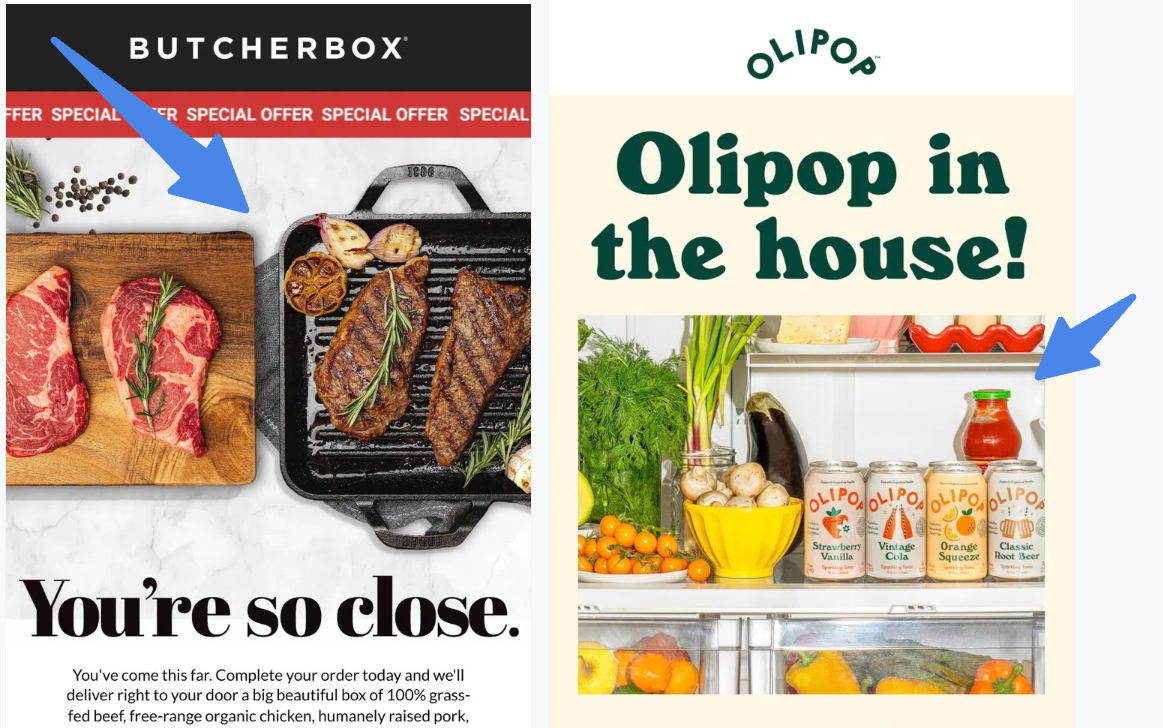Abandoned carts hurt.
Not just because of lost revenue, but because many of those carts could be recovered with better strategy.
Most DTC brands run a basic 1 or 2-email flow with a generic “Still thinking about it?” subject line.
Then they wonder why their recovery rate is stuck at 5 to 7 percent.
The truth? There are smarter, more creative abandoned cart strategies that DTC teams miss all the time.
Let’s break them down.
further in depth reading
This is a collection of articles that will provide you with more information about our FREE email marketing course.
1. No segmentation between customers and non-customers
🔴 The mistake:
Treating everyone in the cart flow the same, whether they’ve bought before or not.
🟢 The fix:
Split your abandoned cart flow:
• Repeat buyers: Emphasize reorder ease, loyalty benefits, bundles
• First-timers: Rebuild trust, share reviews, use social proof

2. Missing SMS as a recovery channel
🔴 The mistake:
Relying on email only, even when shoppers have opted into SMS.
🟢 The fix:
Add a well-timed text 30 to 60 minutes post-abandonment:
• Keep it short
• Include the product name or image
• Add urgency or exclusive benefit
Example:
“Hey, still eyeing your [Product Name]? It’s in your cart. Complete your order before it sells out.”

3. No mention of product benefits
🔴 The mistake:
Just showing the product again with a button to return.
🟢 The fix:
Bring back the value prop.
Why did the customer add it in the first place? Remind them.
Use bullets like:
• Fights frizz in 30 seconds
• Lab-tested for sensitive skin
• Refillable, eco-friendly design

4. Forgetting to answer objections
🔴 The mistake:
Not addressing what’s stopping them.
🟢 The fix:
Use customer support data or review feedback to build objection-handling content into your emails:
• Is it easy to return?
• Will it work for me?
• How long does it last?
Answer directly in the cart emails or link to a “Why Buy Now?” page.

5. Skipping trust elements
🔴 The mistake:
Leaving out reassurance for first-time buyers.
🟢 The fix:
Add 1 or 2 of the following:
• Star rating with number of reviews
• “As seen in” press logos
• Money-back guarantee
• Free shipping and easy returns badges

6. Ignoring time-based urgency
🔴 The mistake:
Sending 3 cart emails over 3 days and that’s it.
🟢 The fix:
Test time-based urgency:
• 15% off valid for 24 hours
• Product held for 2 hours
• Early access to restock ends tonight
Use real timers where possible. Add reminders via SMS.

7. Forgetting to show multiple product views
🔴 The mistake:
Showing only one image of the carted product.
🟢 The fix:
Include:
• Lifestyle image (real use)
• Close-up of key detail
• User-generated image or video
This builds confidence in the purchase.

8. No incentive ladder
🔴 The mistake:
Offering the same discount in all 3 emails.
🟢 The fix:
Use a ramped structure:
• Email 1: Reminder with no discount
• Email 2: Slight urgency
• Email 3: Small incentive like free shipping or 10% off
For higher-margin items, SMS can carry the final offer instead of email.

9. Static product recommendations
🔴 The mistake:
Showing the same cross-sells to everyone.
🟢 The fix:
Use dynamic blocks to:
• Recommend based on carted item
• Suggest complementary products
• Highlight bestsellers in the same category
You can pull this logic using Klaviyo or tools like Rebuy.

10. Not testing CTA wording
🔴 The mistake:
Only using “Return to cart” as the button copy.
🟢 The fix:
A/B test with alternatives:
• Get it before it’s gone
• Finish checkout now
• Yes, I want this
Strong CTAs can lift click-through rate without changing anything else.
Conclusion:
Cart abandonment isn’t just a flow, it’s a recovery strategy.
If you’re still running a generic 2-email setup with no SMS, no segmentation, and no product value messaging, you’re leaving revenue on the table.
Start by:
• Splitting your audience
• Adding SMS at the right time
• Rebuilding trust and urgency in every message
----------------------------
Need help diagnosing what’s missing in your cart flow?
We run Klaviyo audits that pinpoint where brands are leaking revenue.
Don't miss: How to Convert Abandoned Checkouts Into Sales: The ULTIMATE Guide











